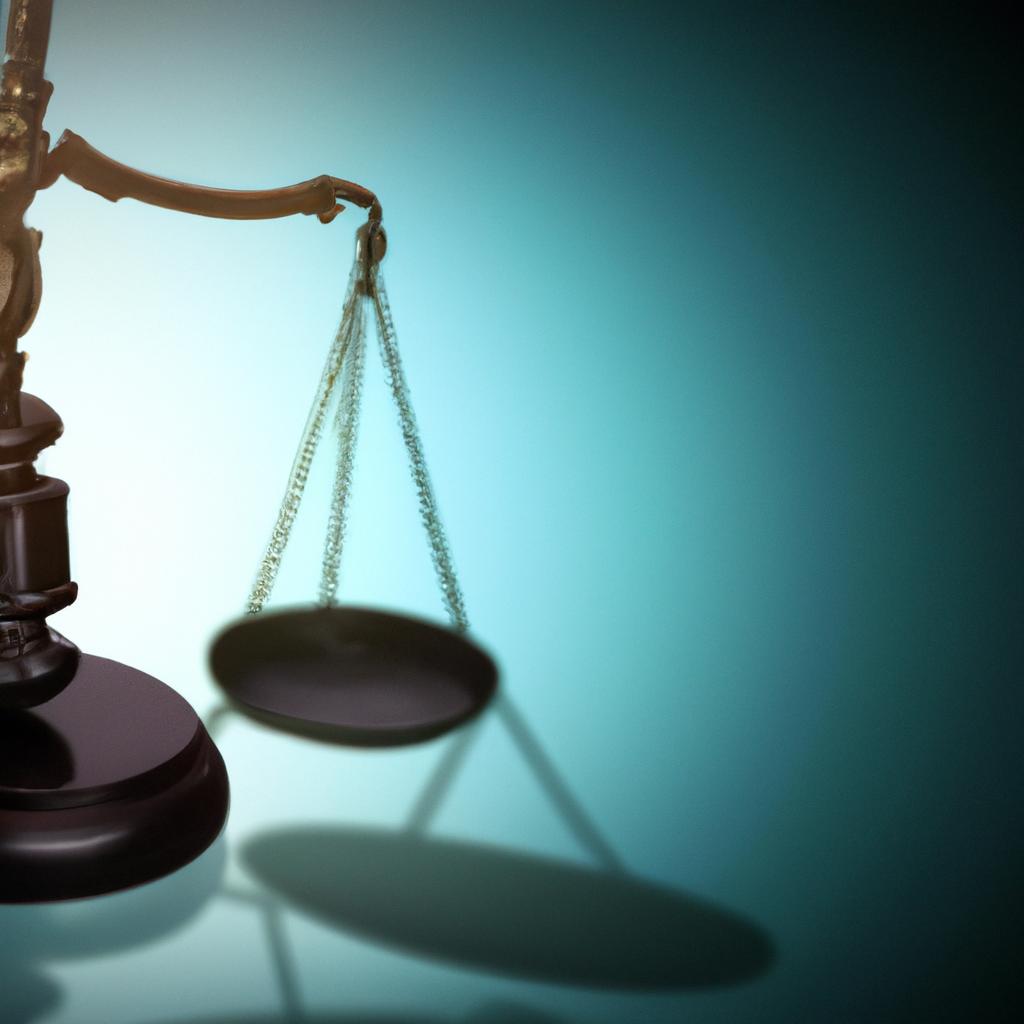In the intricate realm of estate planning, the unexpected can often arise, presenting unique challenges that require careful consideration and expertise. When navigating the complex issue of what happens to a car lease upon the untimely passing of an individual, a thorough understanding of the legal implications is paramount. At Morgan Legal Group, based in the bustling metropolis of New York City, our seasoned team of attorneys specializes in estate planning, probate, elder law, wills, and trusts, offering guidance and clarity in addressing the intricacies of this particular scenario. Join us as we delve into the nuances of this matter, exploring the rights and responsibilities involved when a car lease intersects with the delicate issue of death.
What Happens to a Car Lease Upon the Death of the Lessee
When a lessee of a car lease passes away, there are specific procedures that need to be followed in order to determine what happens to the lease agreement. In most cases, the terms of the lease contract will dictate what course of action should be taken. It is important to understand the rights and responsibilities of the parties involved in order to handle the situation properly.
Upon the death of the lessee, the following scenarios may occur:
- Transfer of Lease: Some lease agreements allow for the lease to be transferred to a family member or another party. This would require the new party to meet the credit and income requirements set by the leasing company.
- Return of the Vehicle: In some cases, the leasing company may require the vehicle to be returned upon the death of the lessee. The estate of the deceased individual may be responsible for any remaining payments or fees associated with the early termination of the lease.

Potential Options for Handling the Car Lease After Death
In the unfortunate event of the lessee’s passing, there are several potential options for handling the car lease. One option is to transfer the lease to a family member or beneficiary, if permitted by the terms of the lease agreement. This can allow the lease to continue without interruption, with the new lessee taking on the responsibilities and obligations of the original lessee.
Another option is to terminate the lease early through a buyout or returning the vehicle to the leasing company. A buyout may involve paying off the remaining lease balance to take ownership of the vehicle, while returning the vehicle may result in fees or penalties depending on the terms of the lease. It is important to carefully review the lease agreement and consider the financial implications of each option before making a decision. Remember, in matters involving estate planning and probate, seeking guidance from a legal professional can provide valuable insight and ensure that the process is handled correctly.
| Option | Pros | Cons |
|---|---|---|
| Transfer lease to family member | Allows lease to continue | May be restrictions or fees |
| Terminate lease early | Can end obligations | May incur costs |

Legal Implications and Responsibilities for the Estate
When someone passes away, their estate automatically becomes responsible for their liabilities, including any car lease agreements. The when it comes to car leases can vary depending on the specific circumstances of the deceased individual. It is important for the executor of the estate to understand their obligations and take appropriate actions to avoid any potential legal issues.
One option available to the estate is to contact the leasing company to discuss transferring the lease to another party. This may involve finding a family member or beneficiary who is willing to take over the lease payments. Alternatively, the estate could decide to return the leased vehicle to the leasing company. In either case, it is crucial to review the terms of the lease agreement and seek legal advice to ensure that the estate fulfills its obligations in a lawful manner. Failure to handle the car lease properly could result in financial penalties or legal consequences for the estate.

Recommendations for Executors and Family Members in Managing a Car Lease After Death
When someone passes away, managing their car lease can be a complicated process. Executors and family members involved in handling the deceased person’s estate must understand their responsibilities and options regarding the car lease. Here are some recommendations on how to navigate this challenging situation:
1. **Review the Lease Agreement**:
It is essential to carefully review the terms of the lease agreement to understand the rights and obligations of the parties involved. Pay close attention to any clauses related to death, transfer of ownership, and early termination.
2. **Contact the Lessor**:
Reach out to the leasing company as soon as possible to inform them of the lessee’s passing. Discuss potential options, such as transferring the lease to a family member or negotiating an early termination. The lessor may require documentation, such as a death certificate and proof of authority to act on behalf of the estate.
Q&A
Q: What happens to a car lease when someone dies?
A: When someone dies, their car lease does not automatically end. The responsibility of the lease typically falls on the person’s estate.
Q: Can the executor of the estate continue to drive the leased car?
A: The executor of the estate may be able to continue driving the leased car, but they will need to contact the leasing company to discuss the options available.
Q: What options are available for dealing with a car lease after someone dies?
A: The options available for dealing with a car lease after someone dies include transferring the lease to a family member, selling the car to pay off the remaining lease, or returning the car to the leasing company.
Q: Are there any potential penalties or fees for ending a car lease early due to death?
A: In some cases, there may be penalties or fees for ending a car lease early due to the death of the leaseholder. It is important to review the terms of the lease agreement and consult with the leasing company.
Q: How does having a co-signer on a car lease impact what happens when someone dies?
A: If there is a co-signer on the car lease, they may become responsible for the remaining payments on the lease after the death of the leaseholder. It is important to carefully review the terms of the lease agreement and consult with the leasing company.
The Conclusion
In conclusion, dealing with a car lease after the death of a loved one can be a complex and emotional process. It is important to consider all the options available and consult with professionals to ensure a smooth transition. While the specific steps may vary depending on individual circumstances, understanding the basics of how a car lease is handled after someone passes away can help alleviate some of the stress during a difficult time. Ultimately, it is crucial to communicate openly with the leasing company and follow the necessary procedures to honor the lease agreement. Our thoughts are with those who may be navigating this challenging situation.


